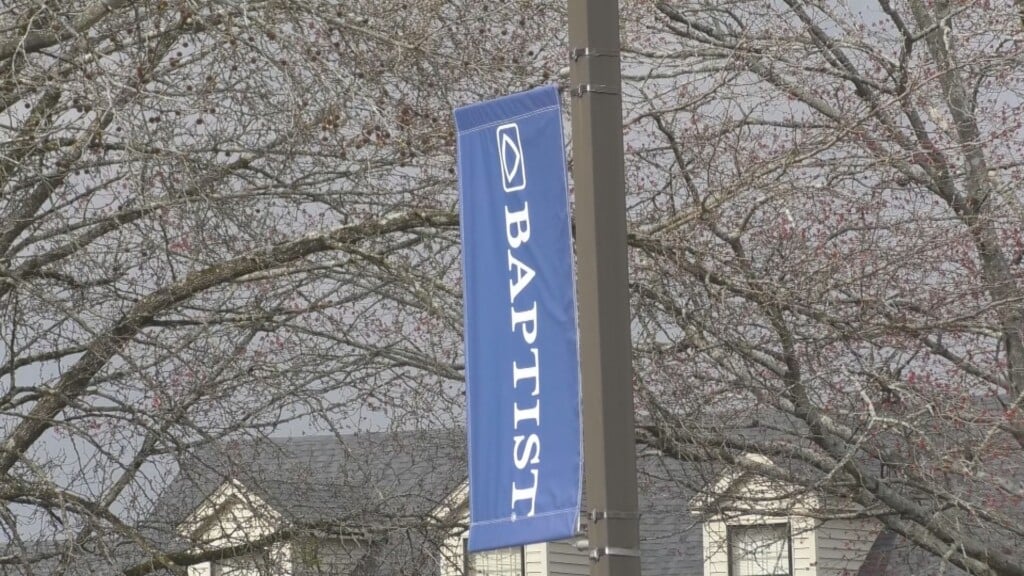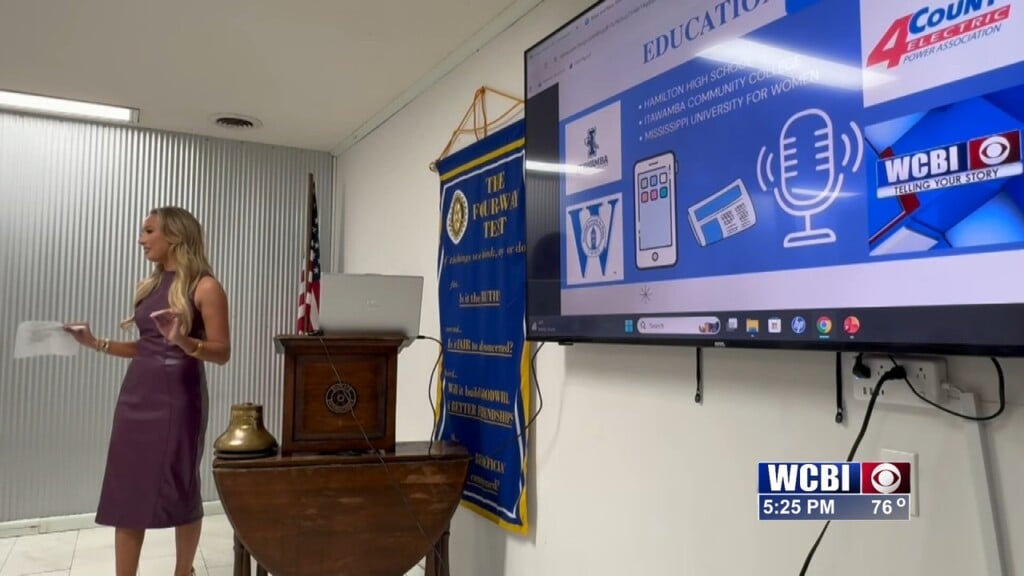Who voted against releasing the Epstein files? Rep. Clay Higgins explains his opposition to the House’s bill

Washington (CBS NEWS) — According to CBS, Republican Rep. Clay Higgins of Louisiana was the only House member to vote against a bill that would require the Justice Department to release files related to Jeffrey Epstein.
The bill passed the House on Tuesday in a 427-1 vote after months of delay and pushback from GOP leaders. Despite the roadblocks, it achieved overwhelming Republican support to propel it to passage after President Trump dropped his opposition to a vote, opening the door for nearly all GOP members to support it.
In a post on X, Higgins explained his reasons for opposing the measure, saying the files could inadvertently entangle innocent people if they are released.
“I have been a principled ‘NO’ on this bill from the beginning. What was wrong with the bill three months ago is still wrong today. It abandons 250 years of criminal justice procedure in America. As written, this bill reveals and injures thousands of innocent people — witnesses, people who provided alibis, family members, etc.,” Higgins wrote. “If enacted in its current form, this type of broad reveal of criminal investigative files, released to a rabid media, will absolutely result in innocent people being hurt. Not by my vote.”
His concerns echoed those expressed by House Speaker Mike Johnson and others, who argued that the legislative language needed to be changed to prevent the release of information that could compromise investigations or other sensitive material. The bill’s supporters dismissed those concerns and said the bill includes provisions to block such disclosures.
Higgins’ statement continued: “The Oversight Committee is conducting a thorough investigation that has already released well over 60,000 pages of documents from the Epstein case. That effort will continue in a manner that provides all due protections for innocent Americans. If the Senate amends the bill to properly address [the] privacy of victims and other Americans, who are named but not criminally implicated, then I will vote for that bill when it comes back to the House.”
The bill that passed the House requires the Justice Department to release “all unclassified records, documents, communications, and investigative materials” regarding Epstein and Ghislaine Maxwell, his co-conspirator who is serving a 20-year prison sentence. The legislation also requires the disclosure of “[i]ndividuals, including government officials, named or referenced in connection with Epstein’s criminal activities, civil settlements, immunity or plea agreements, or investigatory proceedings,” as well as corporate, academic and governmental entities linked to him.
The measure says that “No record shall be withheld, delayed, or redacted on the basis of embarrassment, reputational harm, or political sensitivity, including to any government official, public figure, or foreign dignitary.”
The legislation allows the attorney general to withhold or redact documents that “contain personally identifiable information of victims or victims’ personal and medical files,” as well as documents whose release would “constitute a clearly unwarranted invasion of personal privacy.” It also excludes child sexual abuse material, information about ongoing criminal cases and material that could harm national security. Any redactions must be explained in notices to Congress.
Shortly after the House vote, Senate Majority Leader John Thune indicated the upper chamber could take up the matter quickly but is unlikely to make changes that Johnson and Higgins want.
“I think there are some things he’d like to change, but you got a 427 to 1 vote, it’s probably not likely to happen,” the South Dakota Republican said.




